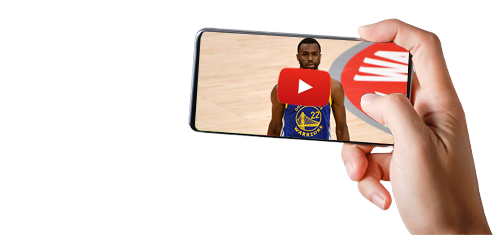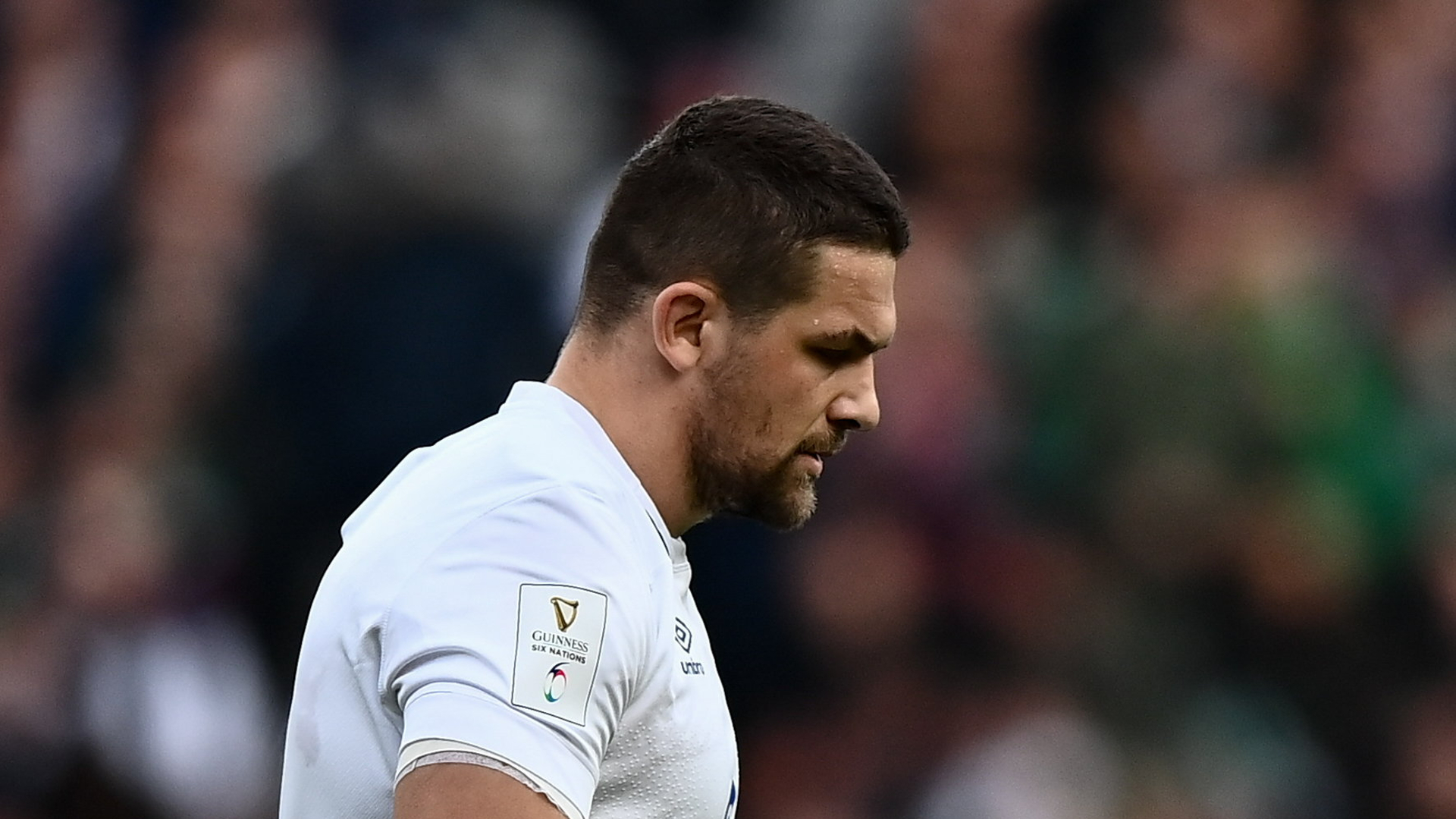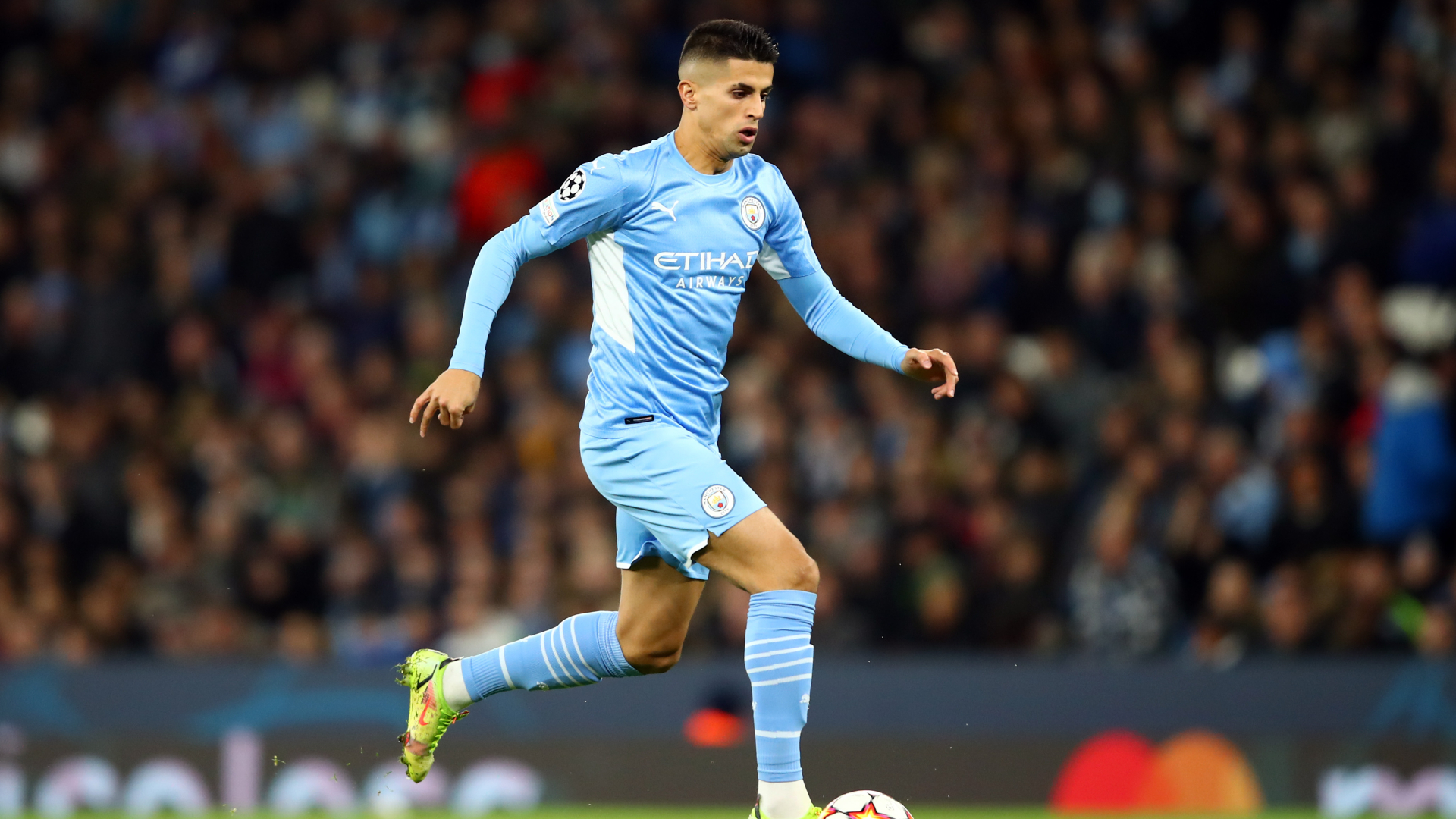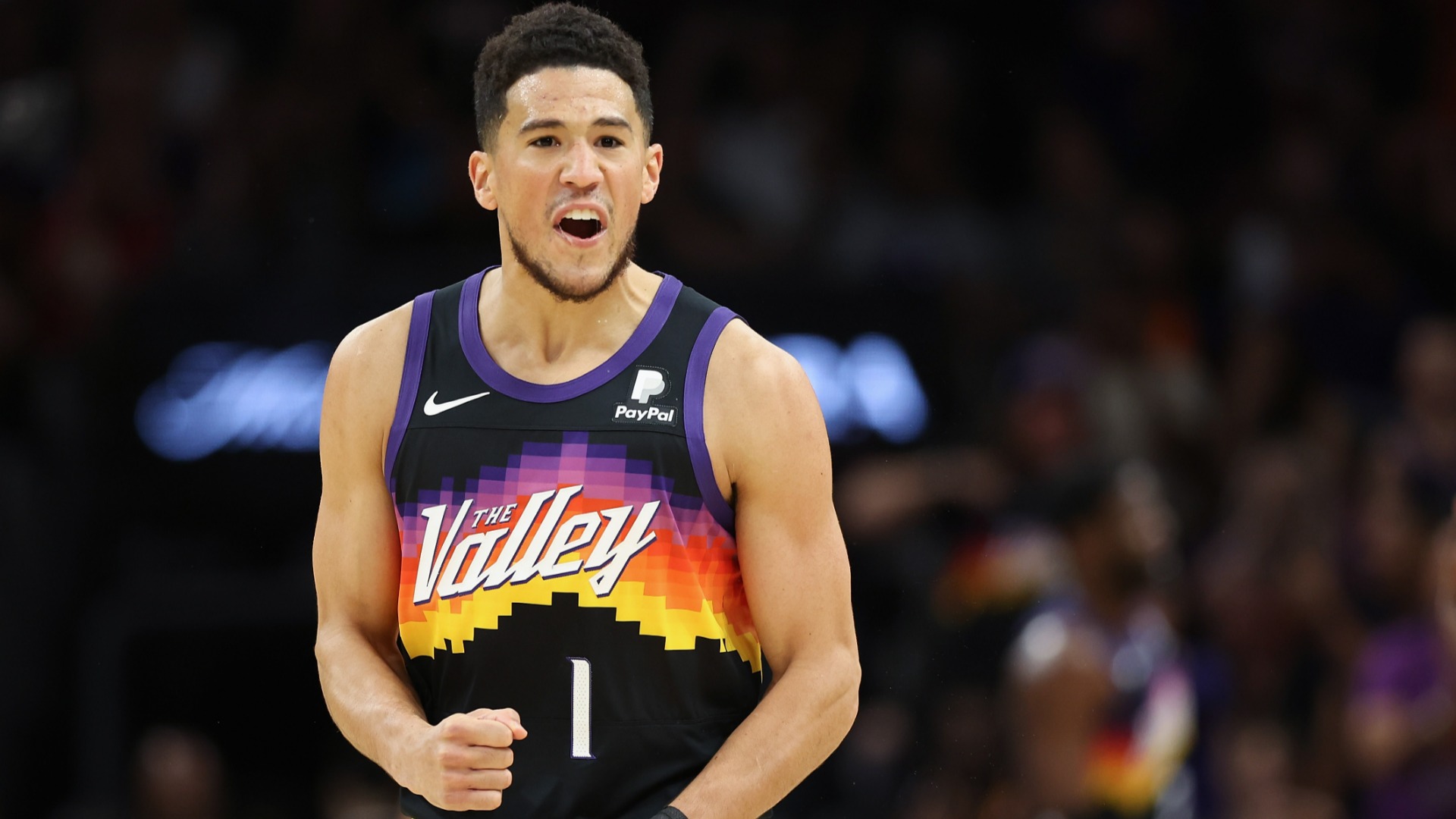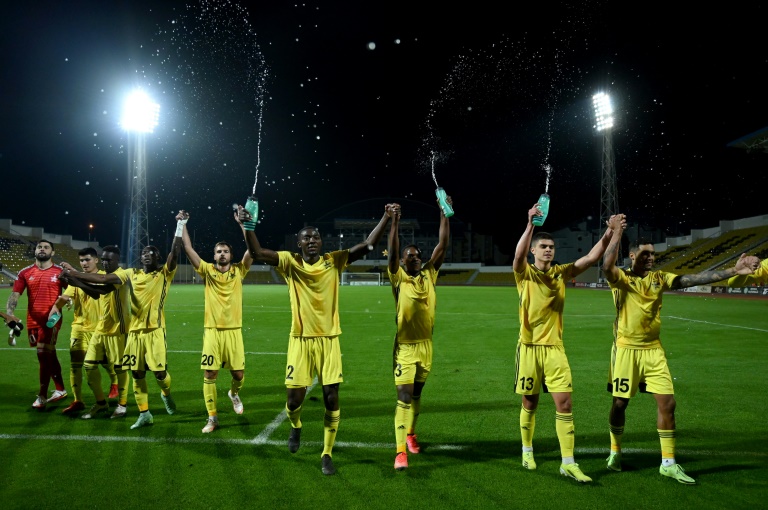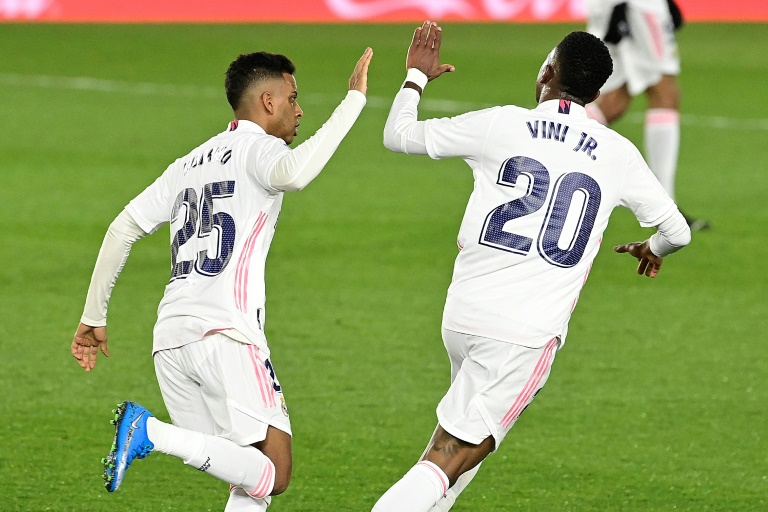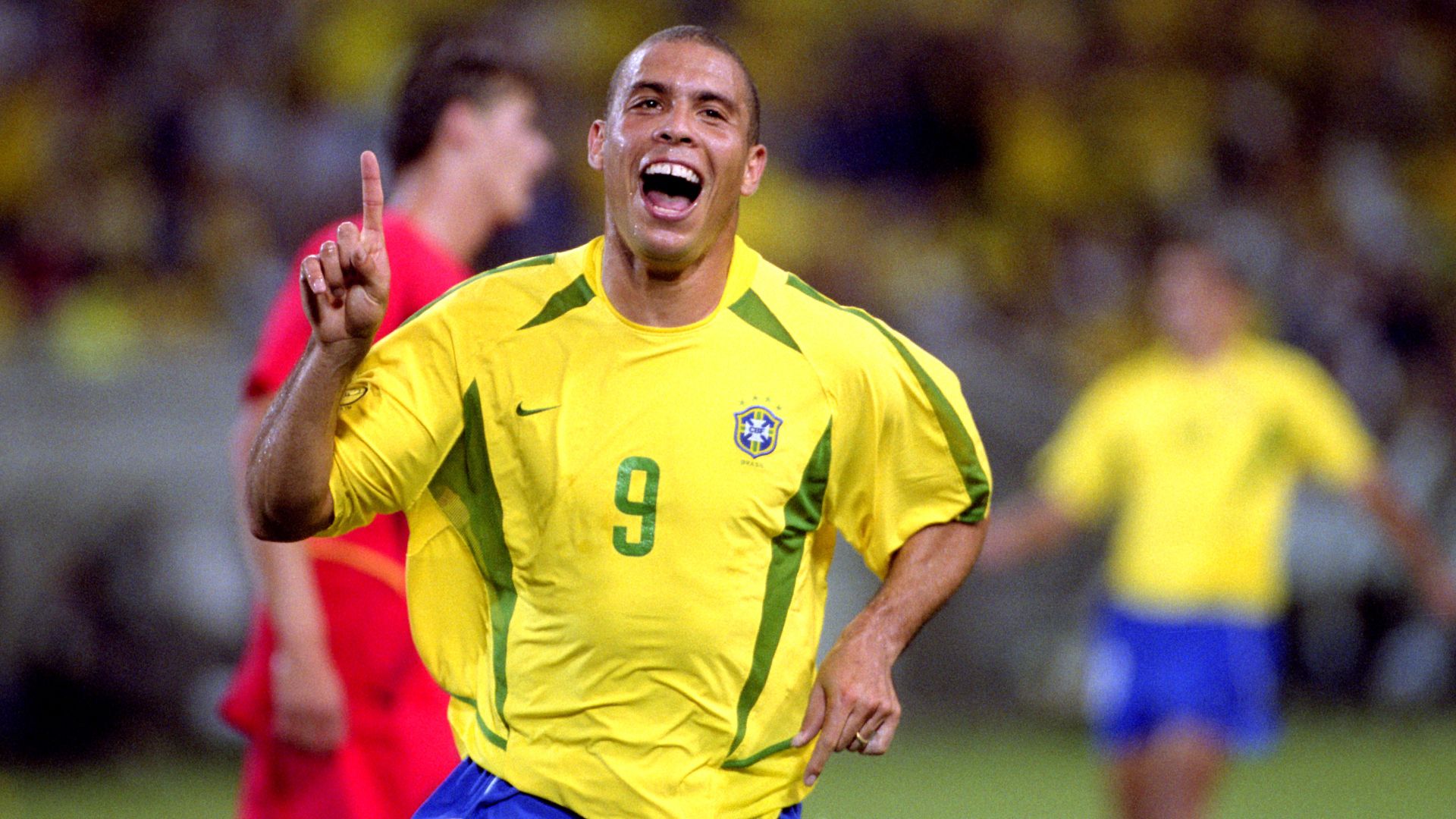
The World Cup is the pinnacle of the beautiful game.
Every player dreams of lifting the famous Jules Rimet trophy but only a select few have managed to achieve such a feat.
With the 22nd edition of the tournament on the horizon in Qatar, we have put together an all-time XI featuring some of football’s brightest stars.
Manager: Mario Zagallo (Brazil)
Mario Zagallo won the World Cup four times — twice as a player, once as a coach and once as an assistant manager.
His 1970 World Cup-winning side played in an attacking 4-2-4 formation that proved overwhelming for Italy, who were defeated 4-1 in a memorable final.
With flair and style a common theme under Zagallo, we have adopted a similar set-up for our team.
Goalkeeper: Lev Yashin (Soviet Union)
Nicknamed the Black Spider, Lev Yashin is regarded as one of the greatest goalkeepers of all time.
The Soviet stopper played in three tournaments and guided his country to two quarter-final appearances and a fourth-place finish in 1966.
Right-back: Cafu (Brazil)
Two-time World Cup winner Cafu played in four tournaments for Brazil and is the only player to feature in three consecutive finals.
He was part of a phenomenal side that lifted the trophy in 1994 and 2002 but lost to France in 1998.
Centre-back: Franz Beckenbauer (West Germany)
A veteran centre-back with 18 World Cup appearances, Franz Beckenbauer was a leader who captained West Germany to victory in 1974.
Beckenbauer scored five goals across three tournaments from defence and finally got his hands on the silverware in what was his last appearance in the global showpiece.
Centre-back: Bobby Moore (England)
Bobby Moore famously captained England to their only World Cup triumph in 1966 and he will forever be known as a Three Lions legend.
Of his 108 appearances for his country, 14 came on the biggest stage and he bowed out in the quarter-finals of the 1962 and 1970 editions.
Left-back: Roberto Carlos (Brazil)
Roberto Carlos is iconic for his explosive nature and incredible ball-striking technique.
A tournament winner in 2002, the Brazilian scored just once on the Selecao’s path to glory but his presence alongside fellow flying full-back Cafu was frightening for any opponent.
Centre midfield: Andres Iniesta (Spain)
One of our more modern inclusions, Andres Iniesta is responsible for Spain’s victory in the 2010 World Cup final.
His goal against the Netherlands in extra-time was the crowning moment for a national side who were dominant on the biggest stage and across multiple major tournaments.
Centre midfield: Zinedine Zidane (France)
Although two of his 12 appearances in the World Cup were marred by red cards, Zinedine Zidane still had a lasting impact for France.
His brace in the 1998 final was enough to see off Brazil and he was at his peak in 2006 when he was named the Player of the Tournament.
Left wing: Diego Maradona (Argentina)
Diego Maradona’s famous Hand of God may have soured his reputation among England fans but there is no doubt that he is one of the greatest ever players.
His performance in the 1986 tournament was mesmerizing and he bagged goals against Italy, the Three Lions and Belgium in Argentina’s cup-winning run.
Striker: Ronaldo (Brazil)
Not many can live up to the reputation Ronaldo had as a devastating finisher for both club and country.
He is the World Cup’s second-highest scorer with 15 goals in 19 appearances, bagging in all but one of Brazil’s seven matches en route to lifting the trophy in 2002.
Striker: Miroslav Klose (Germany)
Miroslav Klose scored 16 goals in 24 matches at the World Cup and he is the outright top scorer in the history of the competition.
The German played in four tournaments, won the Golden Boot in 2006 and netted twice in the victorious 2014 campaign.
Right wing: Pele (Brazil)
Pele was good enough to feature anywhere across the frontline and he is still the only player to win the tournament on three separate occasions.
His 12 goals in four editions may not match Klose’s tally, but he is still a Brazil legend and arguably the greatest footballer of all time.
Do you agree with our line-up? Let us know by tweeting @LiveScore.



